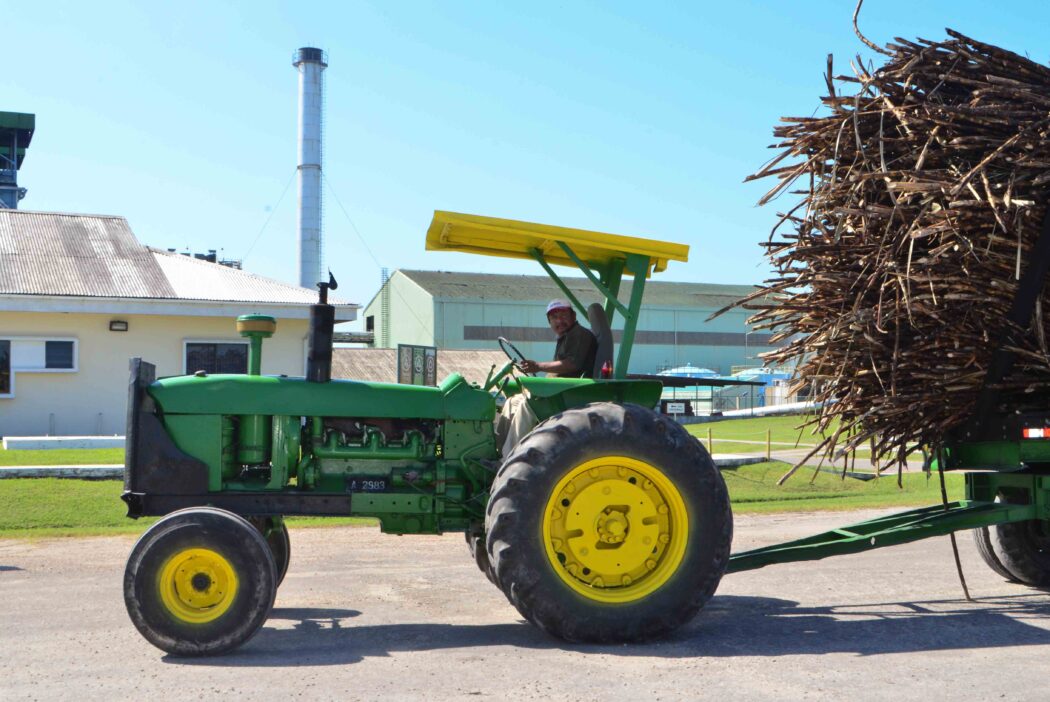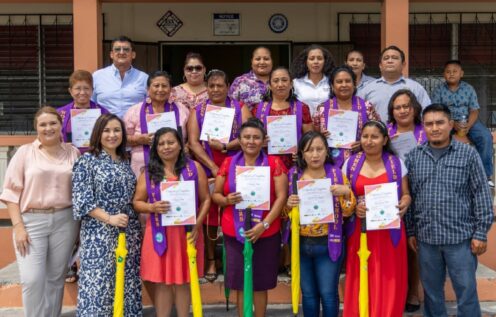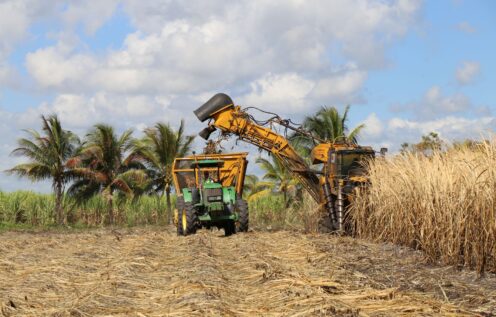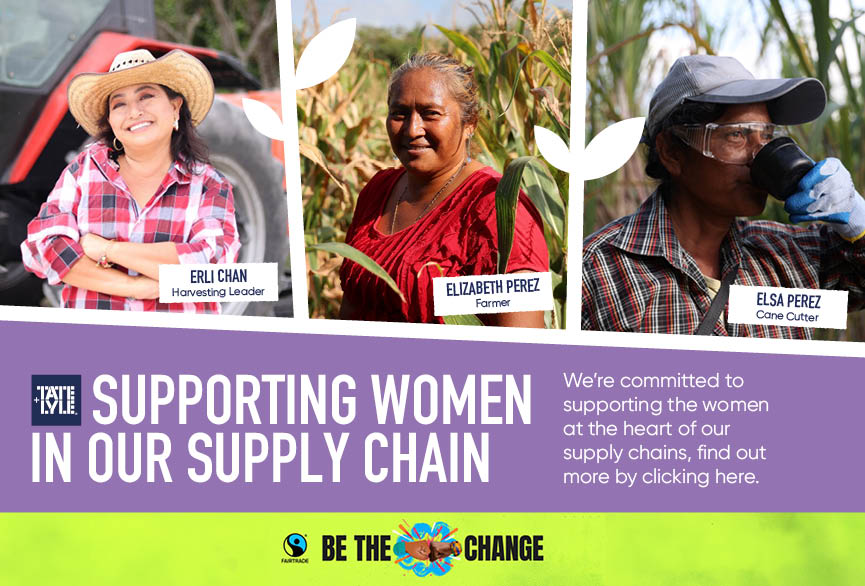Belize stands as one of the primary suppliers of raw cane sugar for Tate & Lyle Sugars. Within the cane farming industry in Northern Belize, a significant workforce is employed, particularly during the harvest season.
Traditionally, this skilled workforce was hired without formal written agreements by smallholder farmers.
Recognising the need for better practices, an initiative was launched to establish clear and accessible written contracts, replacing informal verbal agreements during the cane farming harvest.
The success of the project hinged on a collaborative effort involving various stakeholders to develop these cane harvesters’ contracts. Roughly 2,640 cane cutters and 264 group leaders are involved in the industry.
As part of Tate & Lyle Sugars’ responsibilities under the UK Modern Slavery Act, with the support of Fairtrade International, they arranged for 80 stakeholders from different sectors of the Belize sugar industry to undergo training conducted by the International Labour Organisation. The focus was on recognising indicators of forced labour risks.
Small groups consisting of cane cutters and group leaders participated in discussions about the risks of forced labour; proposing solutions including formal employment contracts, provision of health and safety training, and personal protective equipment.
The development of the contract booklets was a meticulous process, ensuring their acceptability to the targeted groups while complying with legal standards, Fairtrade norms, and ASR Group (owners of Tate & Lyle) policies.
An in-field pilot scheme during the 2020 crop season led to adjustments in the booklets. By the start of 2021, these printed booklets formalised previously informal agreements and practices for the first time.
The response to these written contracts has been positive from both employees and employers. The improvements include enhanced clarity in work activities, safer working conditions due to the provision of personal protective equipment, reduced accidents and injuries, and the prevention of child labour. It also served as an important step in educating employers about legal requirements and Fairtrade Standards.




